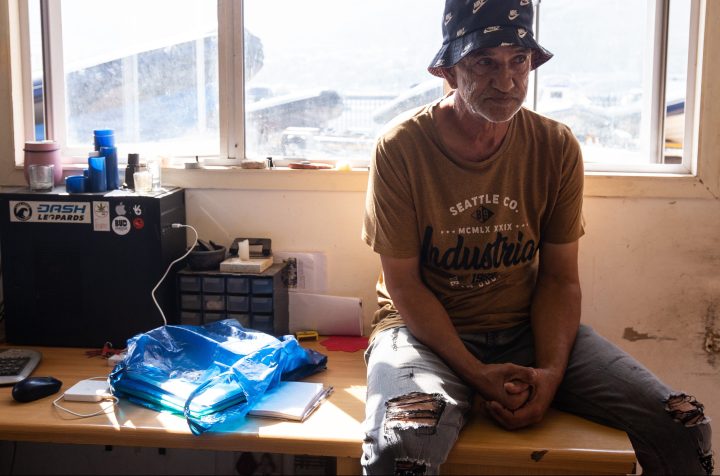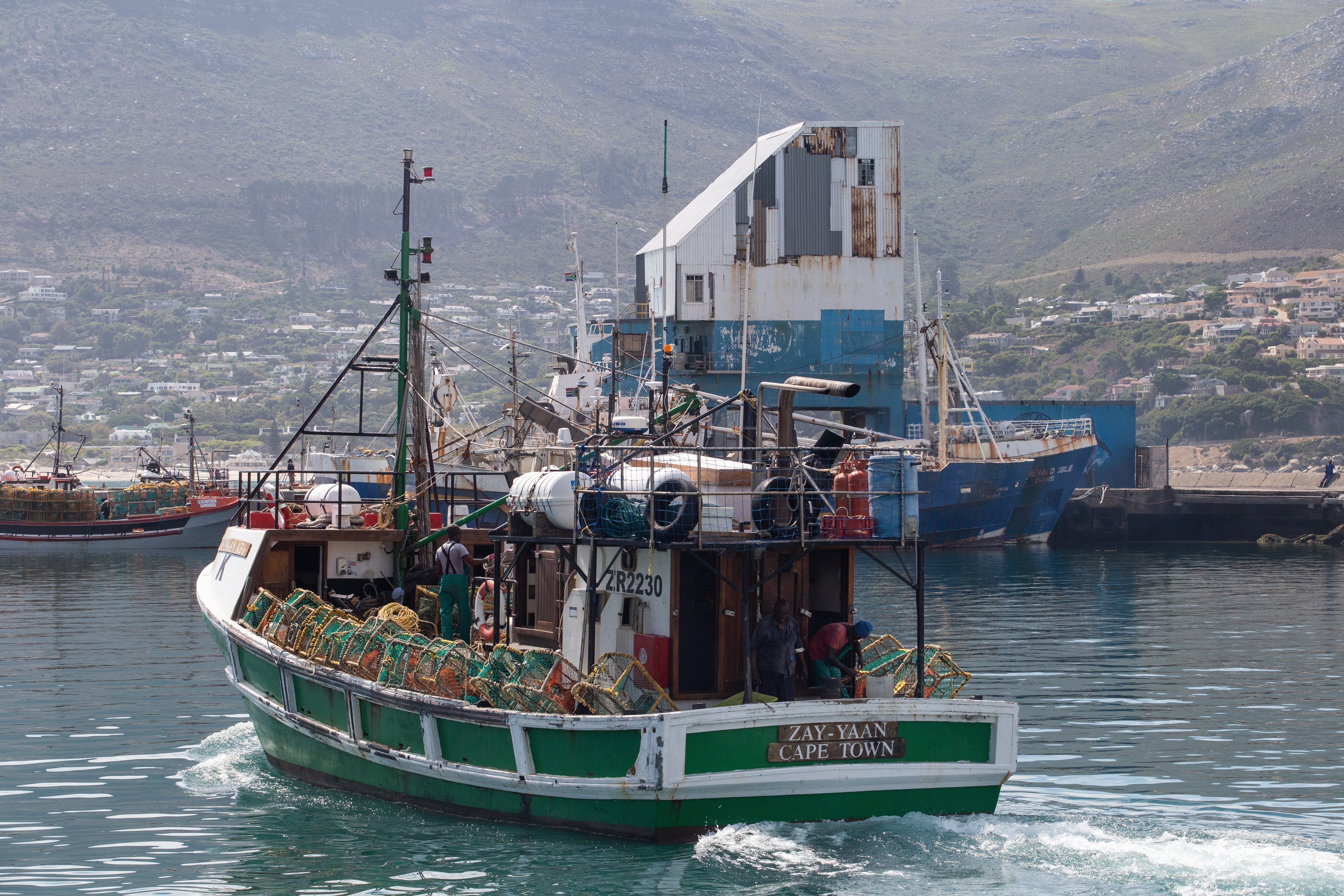GROUNDUP FISHING RIGHTS
Hout Bay small-scale fishers say they’ve been scuppered by latest Fishing Rights Allocation Process

Significantly fewer permits have been issued to small fishing entities by the Department of Forestry, Fisheries and the Environment. Applicants have until 29 April to file appeals
Fishers in Hout Bay are angry at the outcome of the Fishing Rights Allocation Process (Frap) announced in February, saying it is too hard for small fishers to enter the commercial fishing industry.
Small-scale fishers depend on relatively small quotas.
In the case of hake, one of the most lucrative sectors, commercial fishing currently gets 98.5% of the quota and small-scale fishing gets 1.5%. In the case of squid, commercial fishing quota is 85% and small-scale 15%.
The Department of Forestry, Fisheries and the Environment allocates large, much more lucrative, commercial fishing rights every 15 years for twelve species.
The last time these large allocations were made was over a decade ago. The department announced new allocations on 28 February, but most of these went to large companies who already had fishing rights.
Far fewer permits were given to small-scale fishers.
Only three species — hake, squid and lobster — are even eligible for quotas this year for small-scale fishers.
Fishers who applied to make the jump to the commercial sector and who were unsuccessful have said that the big companies get too much and there is not enough for new entrants. They also complained about the high prices to apply — about R40,000 for the Hake Deep Sea Trawl sector for example.
In the case of the South Coast Rock Lobster sector, only two new licences were granted, compared to seven granted to those who already held permits. The current permits are held by big companies such as Oceana and Premier Fishing.
For Hake Deep Sea Trawl, only four new applicants were successful, compared to 25 applicants who already fish in the sector commercially — including I&J, Sea Harvest, and Premier Fishing.
There were over 2,000 applications.
Bigger companies would have to get lower quotas if small fishers are to be accommodated, said Ikram Halim, a fisher from Hout Bay. Halim has been in the industry for nearly 35 years and represents a cooperative of small-scale fishers in Hangberg, whose application was rejected. A disappointed Halim said that fishers saw Frap as an opportunity to finally get their quota.

Fisherman John Reed stands in the ruins of what was once the Oceana fish factory in Hout Bay. It closed down, leaving many without work. (Photo: Ashraf Hendricks)
At the end of March, the department announced that an appeal process will be open until the end of April. Applicants unhappy with the outcome were invited to lodge an appeal.
But fishers are sceptical that the appeals process will change the status quo. Only a small percentage of the catch has been set aside pending appeals — just over 2% in the case of hake and nothing in the case of rock lobster. Fisher John Reed said that this is unacceptable.
Reed said that the department’s Marine Living Resources Act states that more inclusivity is needed and more people should be allowed to enter the commercial fishing sector.
He said that the fishing community plans to petition for a new bill that will be more “accommodating for our indigenous fishers”. Reed said that 50% of the rights need to go to indigenous fishers.
Darrel September, a small-scale fisher, said that his family has been in Hout Bay for nearly 150 years. “My father was a fisherman … We’ve always been classed small-scale.”
September’s application was also unsuccessful. He makes about R20,000 a year on lobster he is allowed to take out according to his small-scale quota.
In response to questions, department spokesperson Albi Modise said every applicant had an equal opportunity to secure commercial fishing rights.
“The department is aware that a number of applicants were not successful and will therefore naturally be unhappy. Fish resources are finite and, in many instances, dwindling. It is therefore simply not possible to accommodate all those that apply. This does not make the process unfair,” said Modise.
Modise said that successful applicants had been notified that their current allocations are not final and are subject to the conclusion of the appeals process.
The appeals process closes on 29 April. DM

Hout Bay fishers want 50% of quotas to go to small-scale fishers, instead of the tiny quotas they currently get. (Photo: Ashraf Hendricks)
First published by GroundUp.
[hearken id=”daily-maverick/9317″]




















 Become an Insider
Become an Insider
Comments - Please login in order to comment.